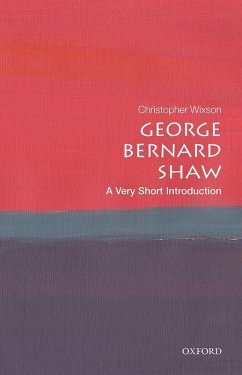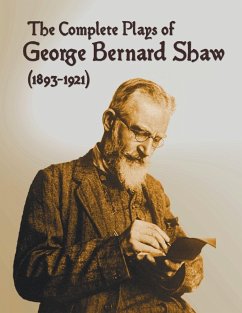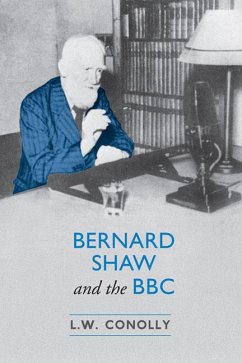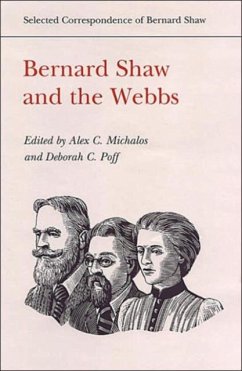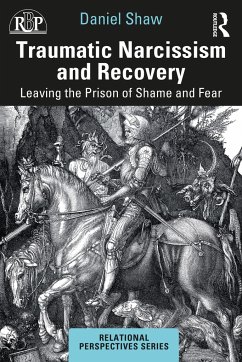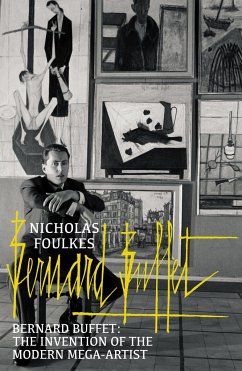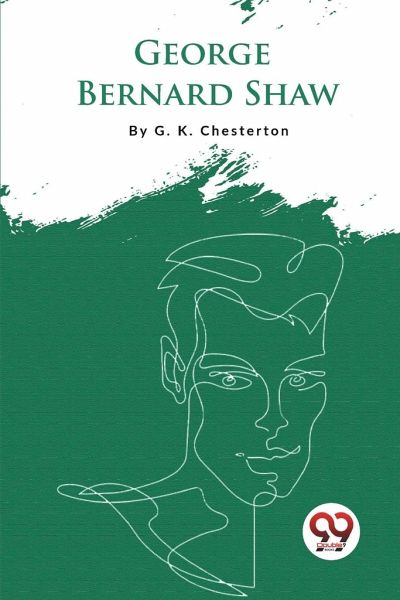
George Bernard Shaw
Versandkostenfrei!
Versandfertig in 1-2 Wochen
17,99 €
inkl. MwSt.
Weitere Ausgaben:

PAYBACK Punkte
9 °P sammeln!
The book covers Shaw's career as a dramatist and critic in some detail, including his puritanical resistance to Shakespeare. This biography of George Bernard Shaw's writings and political beliefs was written by G. K. Chesterton, who was in the perfect position to do it. Although he was a close friend, he vehemently opposed Shaw's progressive socialism. His analysis of Shaw retains the same lightness of touch and wit as his earlier writings. The book offers an insightful and up-to-date analysis of Shaw's politics and philosophy, as well as the progressive orthodoxy that emerged in the 20th cent...
The book covers Shaw's career as a dramatist and critic in some detail, including his puritanical resistance to Shakespeare. This biography of George Bernard Shaw's writings and political beliefs was written by G. K. Chesterton, who was in the perfect position to do it. Although he was a close friend, he vehemently opposed Shaw's progressive socialism. His analysis of Shaw retains the same lightness of touch and wit as his earlier writings. The book offers an insightful and up-to-date analysis of Shaw's politics and philosophy, as well as the progressive orthodoxy that emerged in the 20th century as a result. The book serves as a fantastic introduction to Shaw's works and the culture of the time they were produced. The majority of individuals either claim to agree with Bernard Shaw or claim to not comprehend him. One and only G. K. Chesterton could comprehend him. The book works because Bernard Shaw is both quick-witted and verbose. A writer who has a quick mind for ideas could end up working more slowly than necessary. Every allusion or analogy requires him to pause and reiterate the historical similarities. The man's path is blocked by the very jungle of his ideas. The play must come before the introduction due to inevitable artistic necessity.





